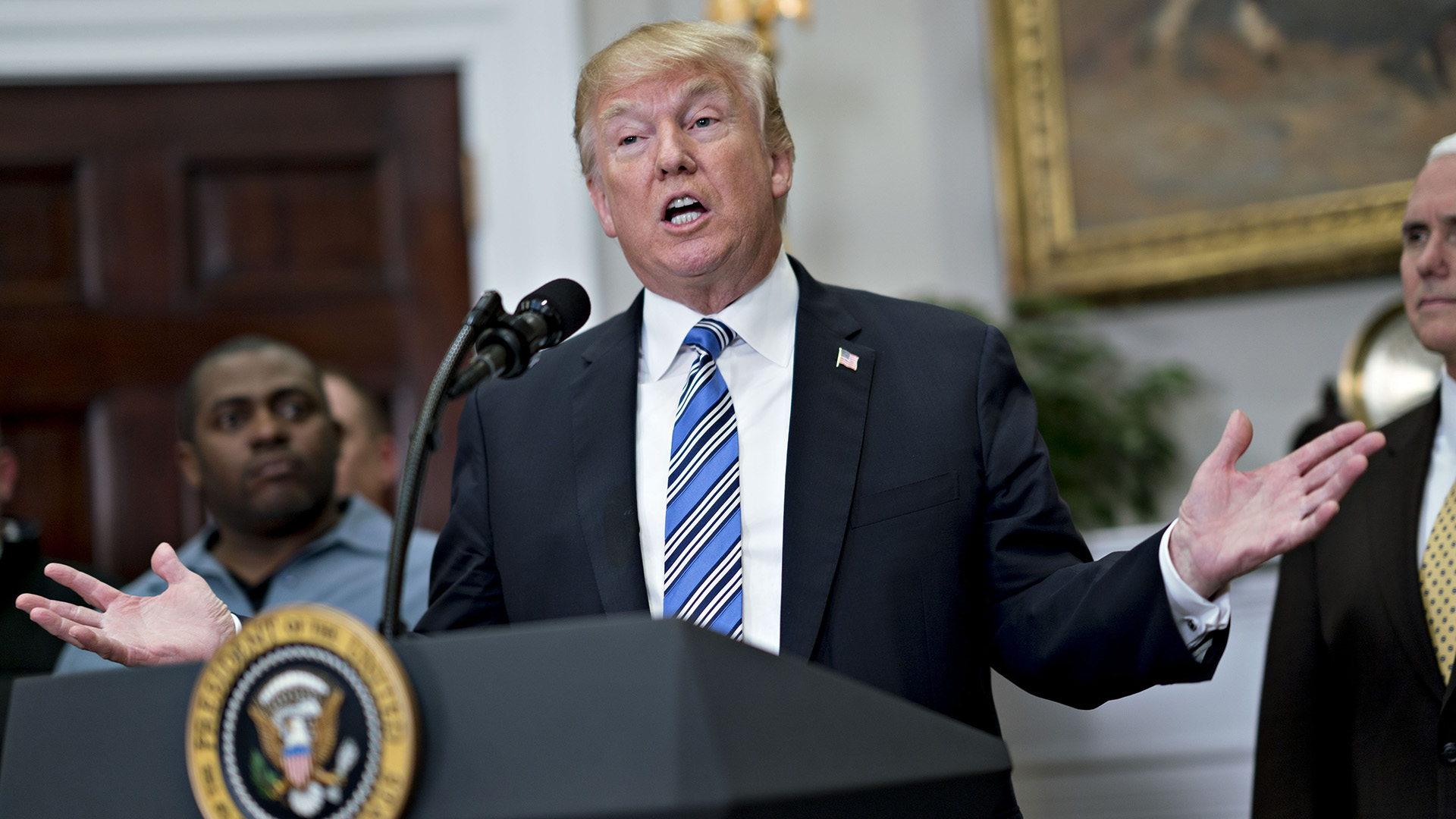

We may earn revenue from the products available on this page and participate in affiliate programs. Learn more ›
Despite electric cars only recently booming in popularity, automakers have wasted no time into exploring their own respective versions of an electrified future. After General Motors’ recent announcement that it would be closing several North American plants, U.S. President Donald Trump began a myriad of campaigns against the domestic automaker, including slamming GM’s plans of committing to an electric future.
In an interview with Fox News’ Harris Faulkner, Trump spoke critically of CEO Mary Barra’s management of GM. Specifically, the President addressed GM’s shift towards fleet-wide electrification that the company had originally announced more than a year ago.
“They’ve changed the whole model of General Motors; they’re going to all-electric. All-electric is not going to work,” said Trump, “I don’t run a car company, but all-electric is not going to work. It’s wonderful to have it as a percentage of your cars, but going into this model that [Mary Barra] is doing, I think, is a mistake”
GM had previously stated that it would shift towards full-electrification as early as 2023. Trump has been a critic of both Barra and electric cars for some time but has only recently spoken out on the boss’ managerial decisions following the announcement of GM’s plant closures. The criticism comes at an opportune time given the White House’s recent offense towards electric cars, using the assembly plant closure as leverage to refute industry-wide consumer-facing EV subsidies.

“General Motors is not going to be treated well,” Trump later added.
GM’s decision to transition to an all-electric model joins similar decisions from Jaguar, Porsche (with the exception of the 911), Tesla, Volkswagen, Volvo, and other automakers who have chosen to phase out the internal combustion engine over the next two decades.
Barra had recently advocated for legislation which would force the hand of automakers into building more electric and plug-in hybrid vehicles. The current White House administration has been heavily in favor of cutting back CAFE standards, a move which would achieve more freedom for automakers to build higher-polluting vehicles and temporarily elongate the lifespan of the internal combustion engine in the United States.
